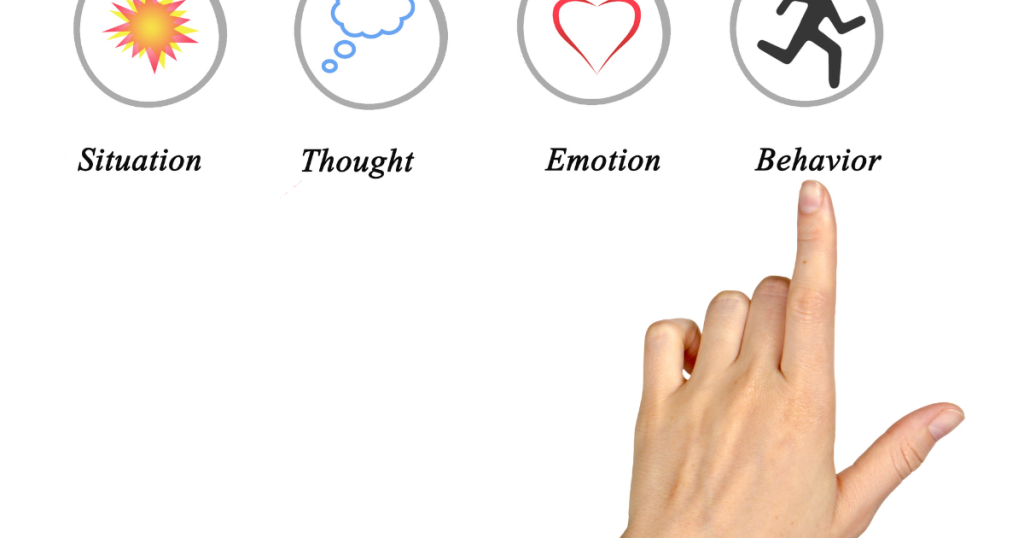By Dr. Elayne Daniels | August 19, 2021 | 0
Have you been diagnosed with anxiety or depression? If so, do you know what it really means?
For starters, you now know that what you’re feeling has a name. You also know you aren’t alone. It is an actual ‘thing.’ And maybe, just maybe, there is a silver lining.
A diagnosis of anxiety and/or depression is increasingly common, especially post-global pandemic.
But what does it really mean to be diagnosed with anxiety or depression?

One thing it might mean is that you recognize you haven’t been feeling ‘yourself.’ It could also reflect observations from family and friends that you don’t seem like your (regular) self.
Perhaps you’ve met with your primary care doctor and/or a mental health professional; perhaps a psychiatrist, social worker, or psychologist. And perhaps that person has diagnosed you with anxiety or depression.
A diagnosis puts you one step closer to healing.
How can you ‘fix’ a problem if you don’t know what the problem is?
A diagnosis can be clarifying.
Thank goodness you asked for help. That in and of itself is a win!
As the saying goes, you gotta name it to tame it.
Being diagnosed with anxiety or depression can be the start of actually feeling better than you have in a long time. (Hello, silver lining.)
A diagnosis helps you know what you need to feel better. More emotional support? Therapy? Medication? Perhaps some combination?
This video clip speaks to the value of treatment.
There are treatments available for anxiety and depression.
Providers of a variety of disciplines are available to offer you their expertise and recommendations.
We’re definitely not talking about a “one size fits all” approach.
Some interventions target both disorders.
For example, many different forms of psychotherapy are available to treat anyone diagnosed with anxiety and/or depression.
For instance, Cognitive Behavioral Therapy (CBT) is a method of treatment with high success rates for people with both anxiety and depression or with symptoms of one or the other.

Certain medications, such as Selective Serotonin Reuptake Inhibitors (SSRIs), have antidepressant and antianxiety effects.
People diagnosed with anxiety or depression are more likely to have first-degree relatives with mental health challenges.
Whether or not those mental health problems were identified ‘back then’ is a different story.
At least in modern day, people are generally more comfortable seeking help than were their predecessors.
Fortunately, stigma surrounding mental health is beginning to lessen, especially post-COVID. (You’re part of a stigma-reducing force, effecting change in the world.)
Bottom line: Treatment improves prognosis.

That said, sometimes successful treatment is a bit of “trial and error”. For instance, maybe the therapist you meet with is not a good match for you.
The chemistry isn’t there. Or the therapy approach doesn’t jive with your style.
Perhaps the therapist’s office or mannerisms make it hard for you to feel comfortable.
Medication may be another source of “trial and error”.
Neurochemical advances make the selection of medication a bit less daunting.
Tests are available in which you send saliva to a lab, and a report comes back, indicating which medications are likely a good match for your particular brain chemistry
Regardless of the type of formal treatment, you can try lots of things on your own to help yourself. The hardest part can be finding the wherewithal to try them.
Ironically, the very things you know would help can be just too hard to motivate yourself to do. Perhaps you don’t have the motivation (in the case of depression) or are too stressed-out (in the case of anxiety).
Additional suggestions if you’ve been diagnosed with anxiety or depression:
- Attend to the basics: sleep, nourishment, movement, and emotional support.
- Practice doing experiments: Check in with yourself just before and then after an activity (e.g. a 10 minute walk). Chances are you will feel better after than before the activity.
- Self-validate: Recognize your efforts and give yourself credit. Be on your own side.
- Remind yourself you are not alone: Anxiety and depression are part of shared humanity.
Building blocks of physical and emotional health really do matter. Depression or anxiety can be a nudge to strengthen your self-care.

Pursuing help for an anxiety or depression diagnosis is an empowering form of taking charge of your life. Maybe even a wake-up call to enhance meaning and quality.
Take some breaths and just one step at a time, remembering that every step in the right direction is progress.
Dr. Elayne Daniels is a private-practice psychologist, international consultant, and coach. Over the last 25 years, she has helped people heal and deal with depression and anxiety. To learn more about how she might help you, contact her here.


